In particular, the content that organizations and individuals participating in the crypto-asset market must comply with relevant legal provisions on preventing and combating money laundering, terrorist financing, and financing the proliferation of weapons of mass destruction as prescribed in is assessed to play an important role in building a safe and transparent crypto-asset market.
Exploiting crypto assets for illegal activities
Vietnam Blockchain and Digital Asset Association cited data from Chainalysis (a US blockchain analysis company headquartered in New York) showing that Vietnam recorded a crypto-asset capital flow exceeding 220 billion USD in 2025, an increase of 55% compared to the previous year. However, most crypto-asset trading activities take place on international exchanges, causing tax losses and affecting the work of preventing and combating money laundering, countering terrorist financing, and preventing and combating high-tech crimes.
Lieutenant Colonel Nguyen Thanh Chung, Deputy Head of Department 4, Department of Cyber Security and High-Tech Crime Prevention and Control (Department A05 - Ministry of Public Security ) said that crypto assets are being exploited to illegally raise capital and conduct other illegal activities in cyberspace, potentially affecting national security, social order, tax losses and macro-management of the State Bank and the Government. In Vietnam, although there have not been any specific cases of large-scale terrorist financing through cryptocurrencies, this risk is completely present and increasing. “With its anonymity and cross-border nature, crypto assets are thoroughly exploited by cybercriminals to create an 'underground market', circulating payment flows for illegal activities,” Lieutenant Colonel Nguyen Thanh Chung emphasized.
According to statistics from Department A05, in the 5 years from December 15, 2019 to May 14, 2024, nearly 20,000 fraud cases were discovered, involving more than 17,000 subjects, causing damage of over 12,000 billion VND. In the cases of fraud and appropriation of assets on cyberspace, most of the money obtained from crime was converted into crypto assets through peer-to-peer trading and exchange transactions organized on international exchanges such as Binance, HTX, OKX... with daily transaction values up to thousands of billions of VND.
In addition, Lieutenant Colonel Nguyen Thanh Chung noted the risk of unlicensed crypto-asset exchanges collecting and storing large amounts of customer information but not complying with the provisions of the Law on Cyber Security, the Law on Personal Data Protection, etc. Therefore, according to Lieutenant Colonel Nguyen Thanh Chung, trading crypto-assets at domestic exchanges licensed under the provisions of Resolution No. 05 not only contributes to improving the effectiveness of anti-money laundering and anti-terrorism financing work of management agencies but also directly ensures customer rights when disputes arise.
Implement regulations on anti-money laundering and anti-terrorism financing
Ms. Nguyen Thi Minh Tho, Deputy Director of the Anti-Money Laundering Department (State Bank) shared that Vietnam has been on the "Gray List" of the Financial Action Task Force since June 2023. Vietnam is actively implementing actions according to the recommendations of this organization on building a legal framework for virtual assets and virtual asset service providers; demonstrating the implementation of that legal framework includes improving the understanding of management and supervision agencies to clearly understand the risks in this field, training, disseminating to improve understanding and obligations of virtual asset service providers on preventing and combating money laundering, terrorist financing and measures to handle violations of the law.
According to Ms. Nguyen Thi Minh Tho, the National Risk Assessment Report on Money Laundering for the period 2018-2022 Vietnam has selected to assess 4 contents related to virtual assets, including: Wallet service providers, virtual asset management; Virtual asset investment funds; Stable crypto assets; Virtual assets in the form of securities, utility virtual assets, platform virtual assets. As a result, the risks for these 4 contents are all ranked at medium high/high level.
This is also the reason why the Law on Digital Technology Industry and Resolution No. 05 of the Government have set strict requirements on the implementation of regulations on anti-money laundering and anti-terrorism financing by organizations providing crypto-asset services. Organizations providing crypto-asset services, in addition to having to fulfill the requirements of a financial institution, must also fulfill a number of specific requirements such as building a customer identification process, monitoring transactions worth from 1,000 USD, keeping data for at least 10 years and reporting unusual transactions.
Resolution No. 05 clearly stipulates the issuance conditions, requiring the issuing enterprise to be a legal entity in Vietnam and based on real assets; at the same time, establishes strict standards for organizations providing crypto-asset services. Specifically, participating units must have a minimum charter capital of VND 10,000 billion, the ownership ratio of foreign investors must not exceed 49% and the technology infrastructure must meet level 4 safety standards out of a total of 5 levels. In addition to providing trading and custody services, enterprises are required to disclose transparent information, separate customer assets, have a dispute resolution mechanism and compensation in case of incidents.
Experts believe that this pilot mechanism not only paves the way for innovation but also acts as a filter, eliminating potentially risky models. Thanks to that, the market can operate transparently, creating trust for domestic and foreign investors, helping Vietnam integrate with international standards in crypto asset management.
Source: https://baotintuc.vn/kinh-te/chu-dong-phong-chong-rua-tien-tai-tro-khung-bo-tu-giao-dich-tai-san-ma-hoa-20251014152413886.htm


![[Photo] Ready for the 2025 Fall Fair](https://vphoto.vietnam.vn/thumb/1200x675/vietnam/resource/IMAGE/2025/10/14/1760456672454_ndo_br_chi-9796-jpg.webp)



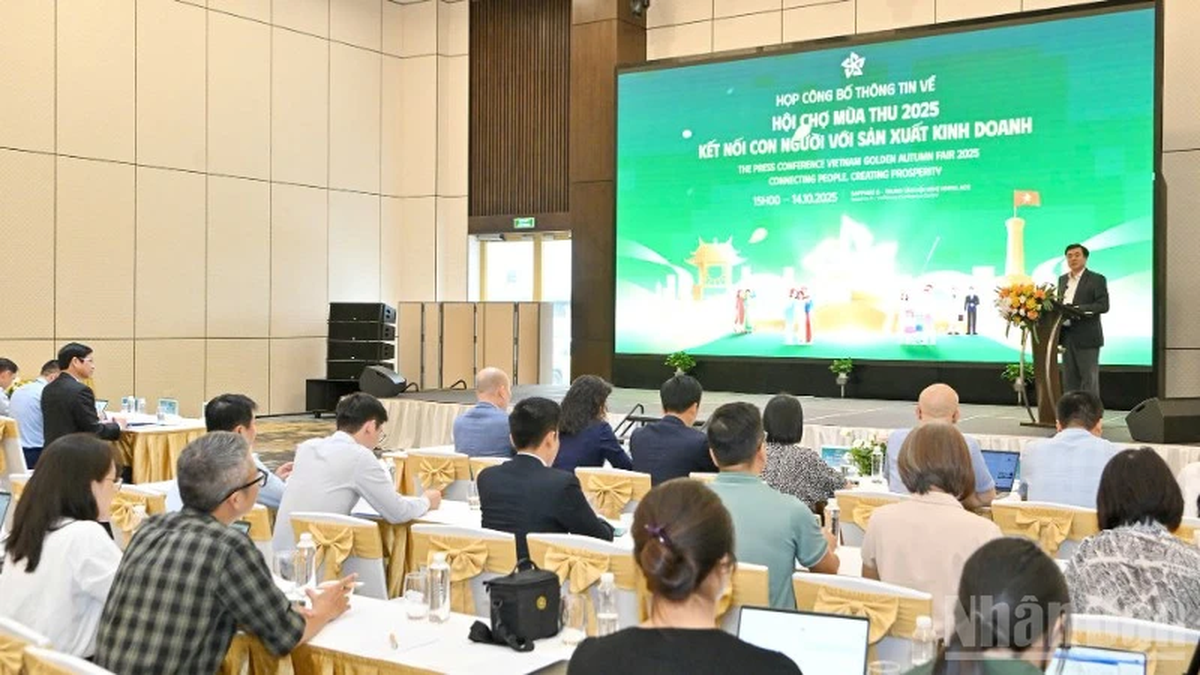







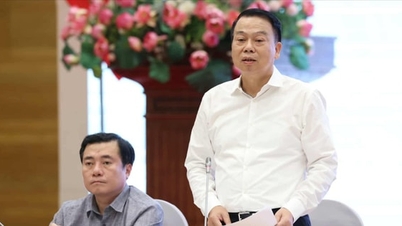

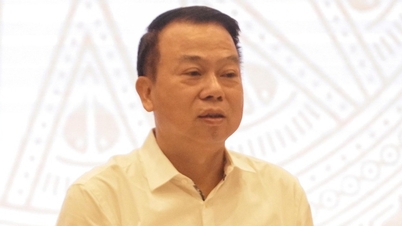

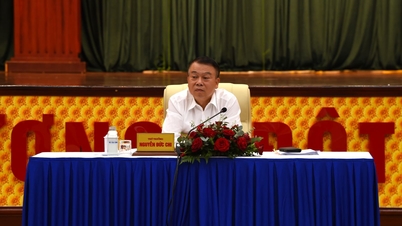
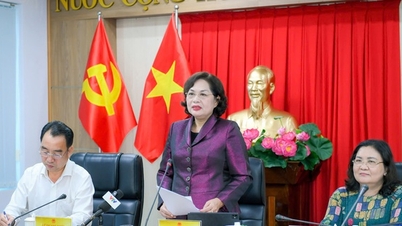

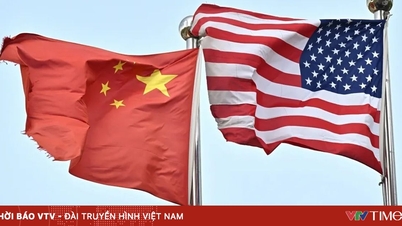
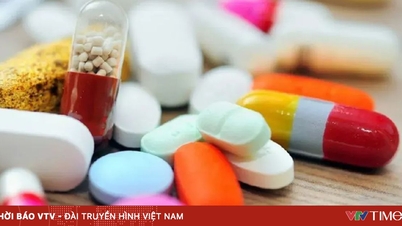
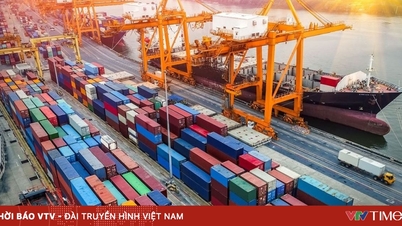
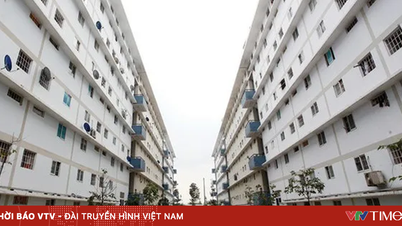
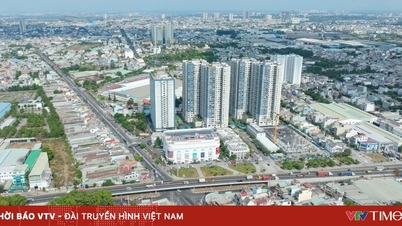




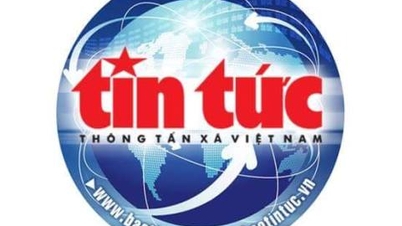
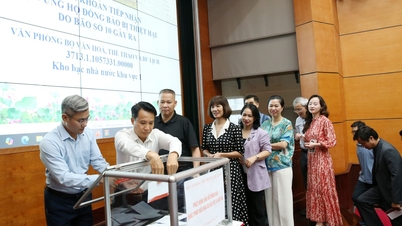

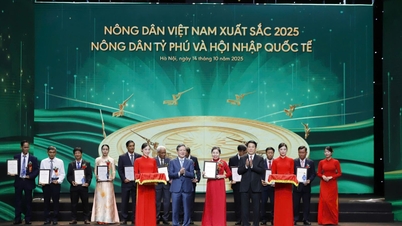


























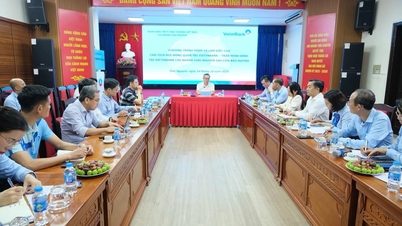



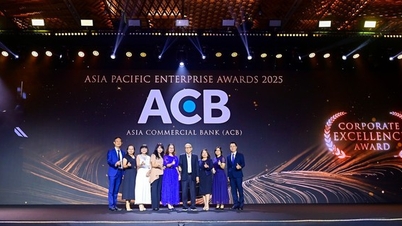







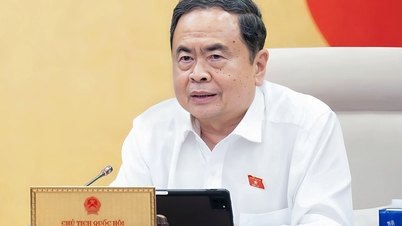
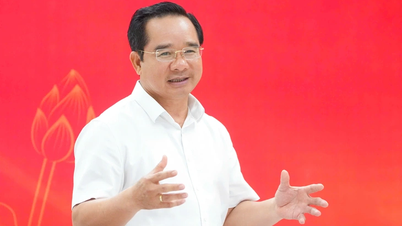


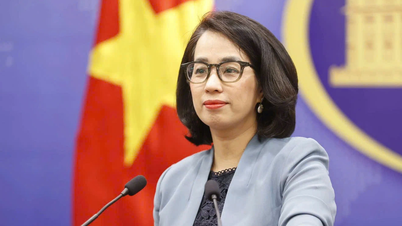

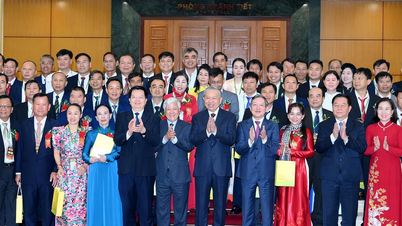
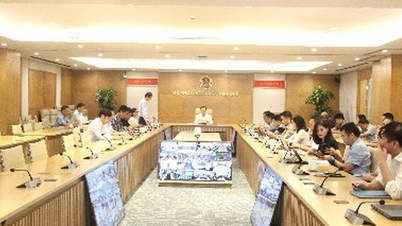




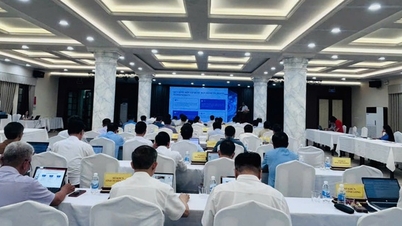


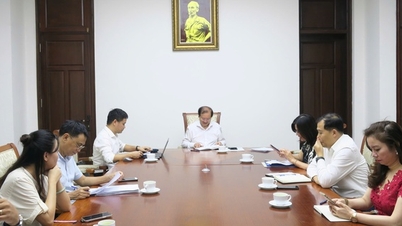




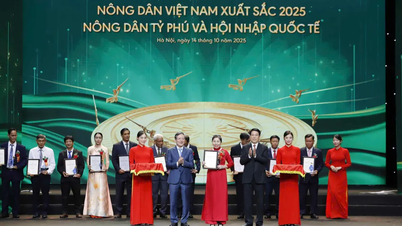
















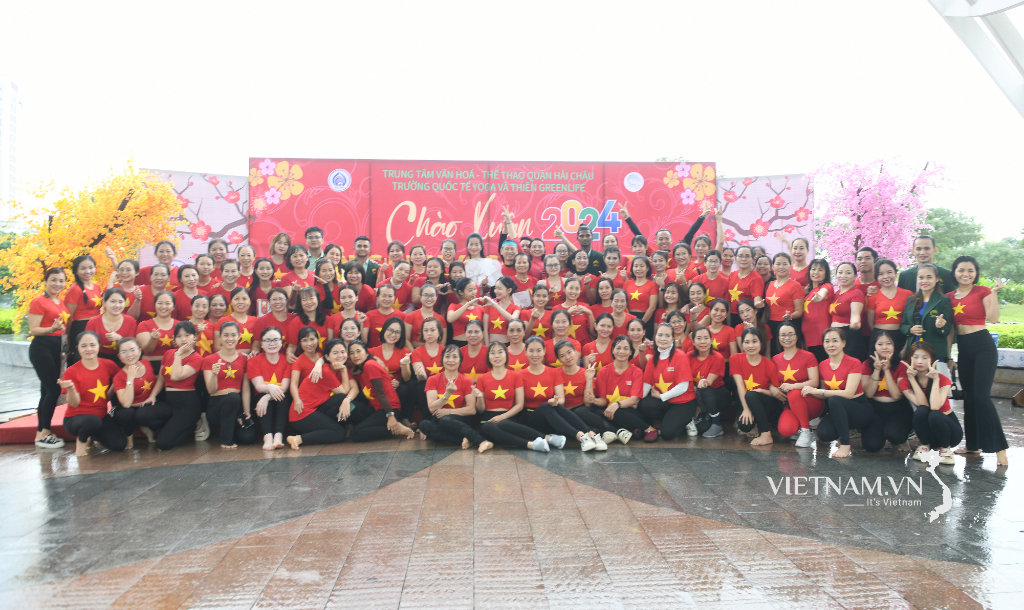

Comment (0)